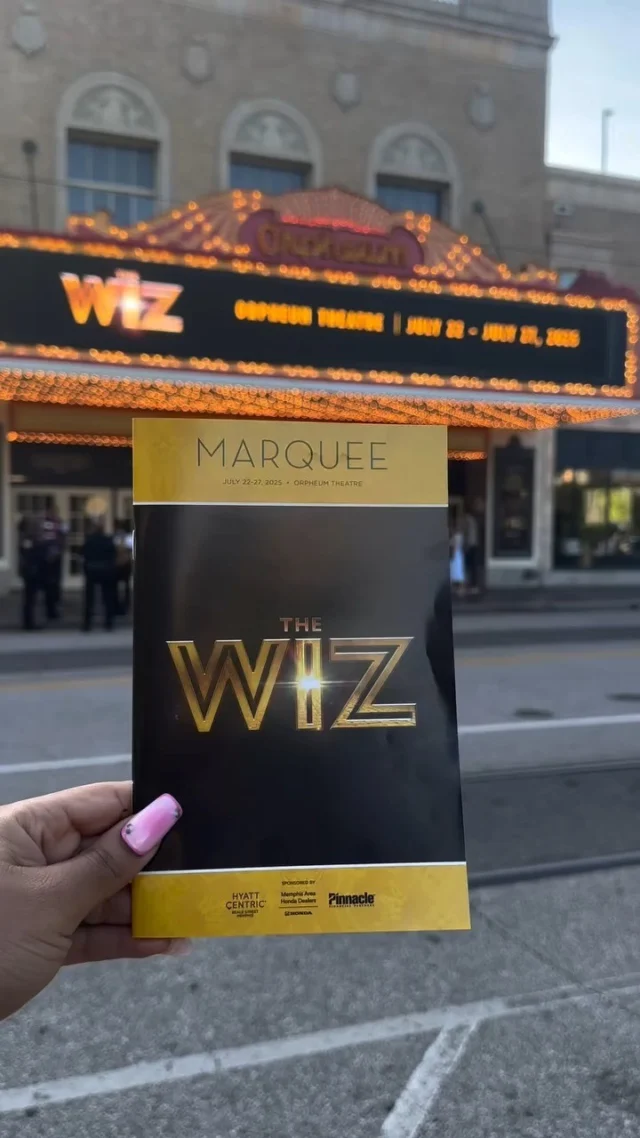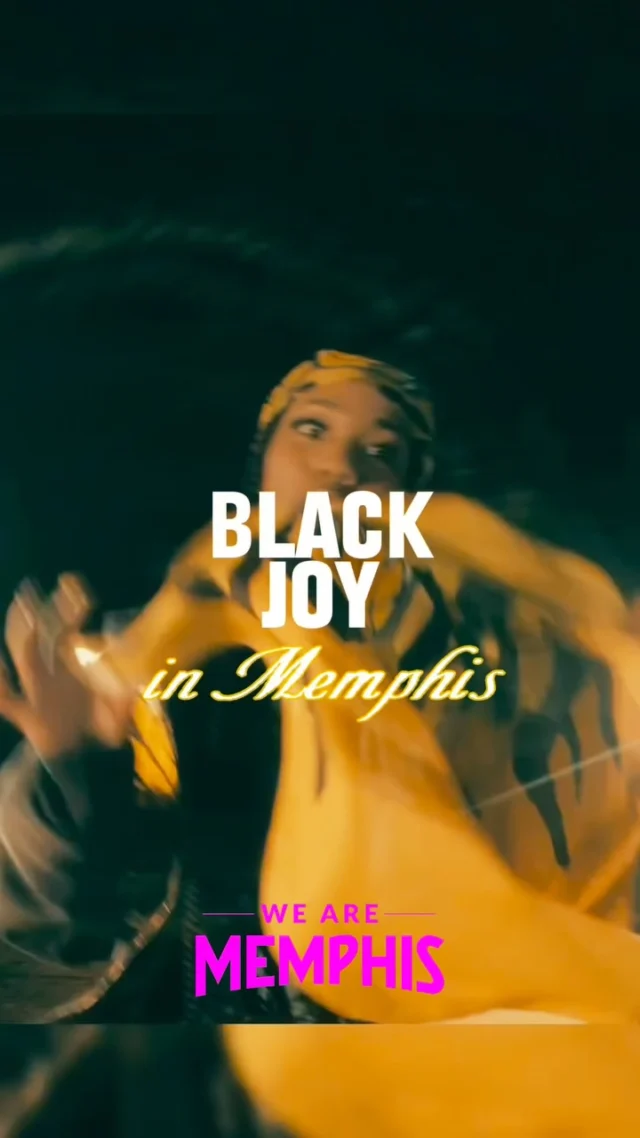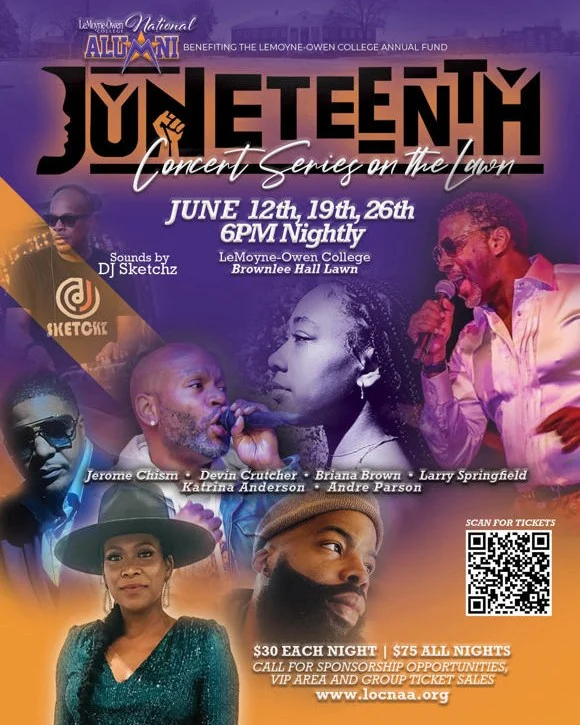June is Black Music Month (also known as African American Music Appreciation Month), and many Memphians take this time to celebrate the rhythms and resistance embedded into our local musical traditions. Since it’s also the month of Juneteenth, it’s important to learn a bit more about how deeply Black music and the struggle for civil rights are woven into our city’s cultural fabric. Memphis reminds us that music has always been more than just entertainment. It has been a voice for freedom, identity, and social change.
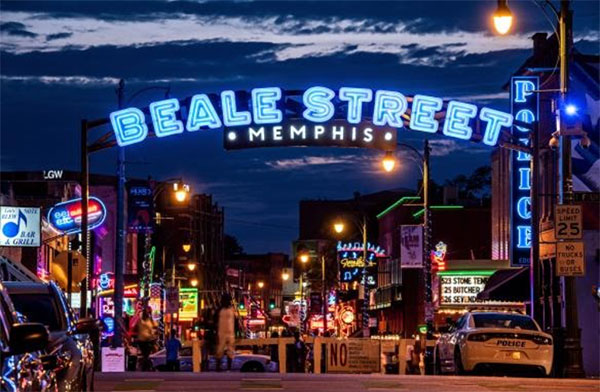
Beale Street: The Beating Heart of Blues and Soul
Beale Street is often called the birthplace of the blues, and for good reason. In the early 20th century, this historically Black entertainment district became a rare space in the segregated South where Black artists could perform, connect, and hone their craft. Legendary figures like W.C. Handy, B.B. King, and Alberta Hunter made their mark here.
Beale wasn’t just a center for music. It was a place where Black voices could rise above the noise of discrimination and oppression. Blues music, born from hardship, expressed both the pain of the past and the perseverance needed to face the future. It served as a powerful form of identity and resistance.
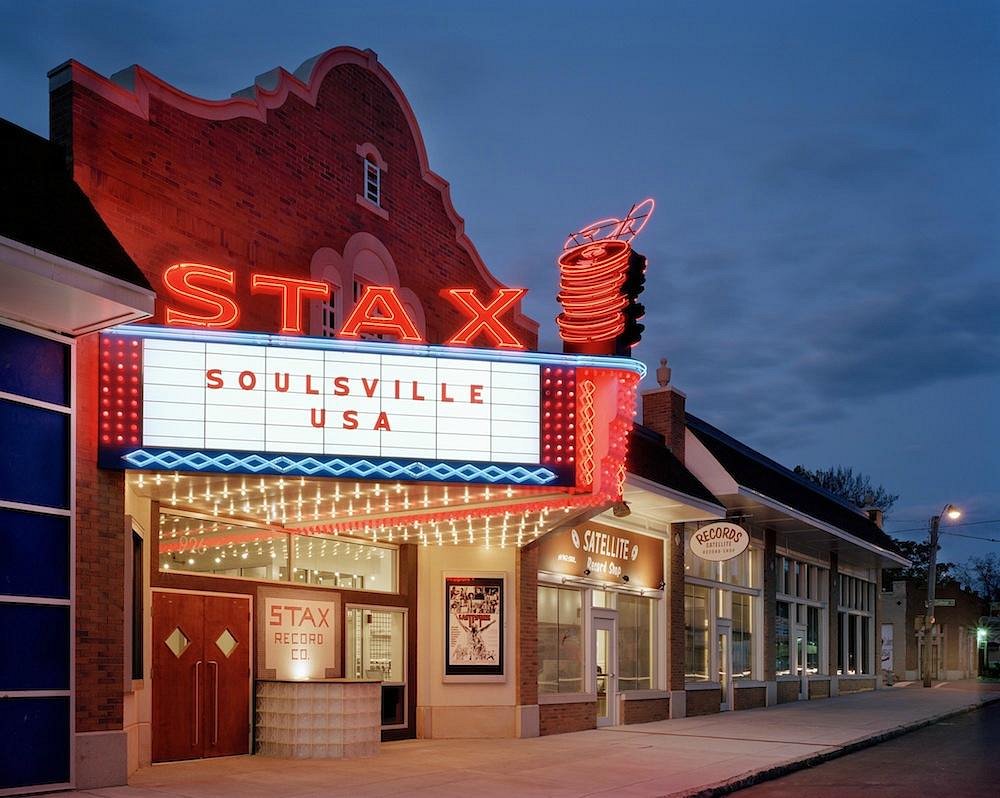
Soul and STAX: The Sound of Empowerment
In the 1960s, soul music became the soundtrack of the Civil Rights Movement, and STAX Records stood at the center of that sound. Located in South Memphis, STAX provided a space where Black and white musicians could collaborate during one of the most divided eras in American history.
Artists like Otis Redding, Isaac Hayes, and Booker T. & the M.G.’s recorded music that reflected real experiences: songs about love, injustice, hope, and power. Their voices reached beyond the studio walls, echoing through protests and rallies. Today, the STAX Museum of American Soul Music honors that legacy and shows how music can drive social change.

The Civil Rights Museum: Where Music Meets Movement
Just a few miles away, the National Civil Rights Museum at the former Lorraine Motel stands as a solemn and powerful tribute to the fight for justice. Here, visitors can trace the long journey of civil rights activism, accompanied by the sounds that moved a movement.
Spirituals, blues, soul, and freedom songs helped unify people, fuel courage, and communicate the emotional truth of the times. Songs like Billie Holiday’s “Strange Fruit” and Sam Cooke’s “A Change Is Gonna Come” were anthems of defiance and hope.
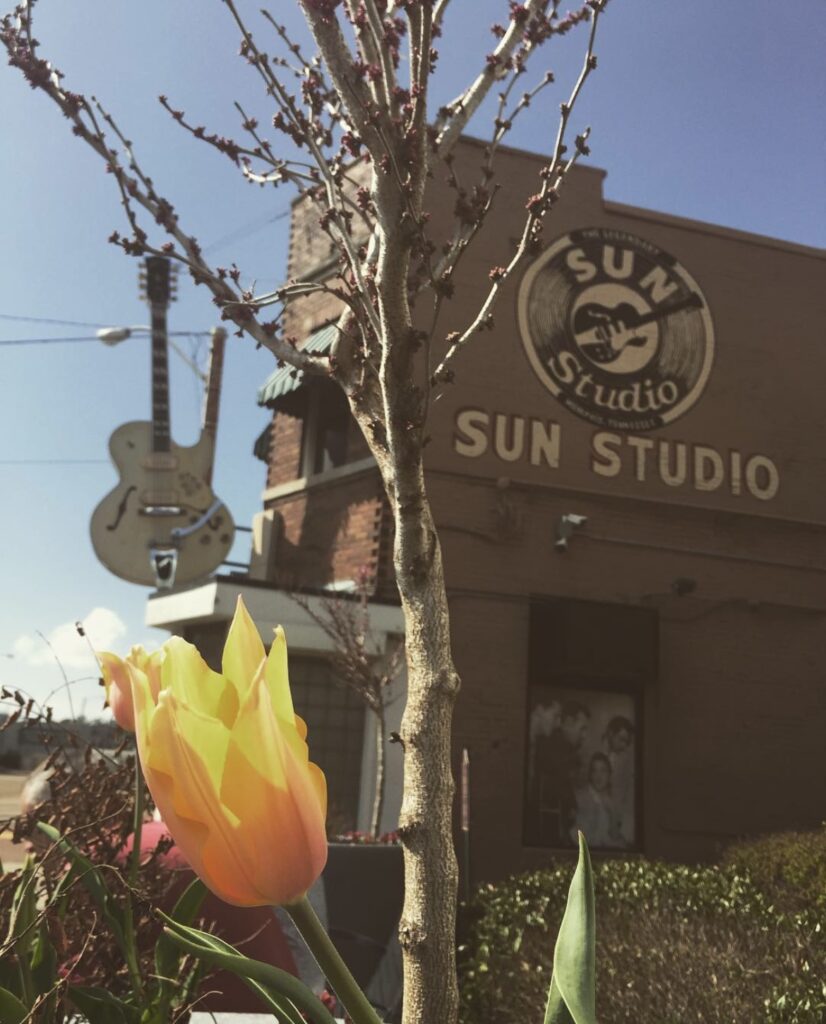
Sun Studio: Crossing Boundaries Through Sound
No conversation about Memphis music is complete without mentioning Sun Studio. Known as the “Birthplace of Rock ‘n’ Roll,” Sun played a crucial role in the crossover between Black music and mainstream American culture. Founded by Sam Phillips, the studio recorded groundbreaking tracks by Black artists like Howlin’ Wolf, the Dixie Cups, and Ike Turner before launching the careers of Elvis Presley, Jerry Lee Lewis, and Johnny Cash.
Phillips believed in the raw power of Black music and its ability to resonate with wider audiences. By giving Black artists a platform and blending rhythm and blues with country influences, Sun Studio helped break down cultural and racial barriers in popular music. It became a place where musical innovation echoed the desire for social change, reflecting the early integration of sounds before broader integration reached the streets.
Visitors to Sun Studio today can see where history was made and learn how Memphis helped shape a sound that transformed American music forever.












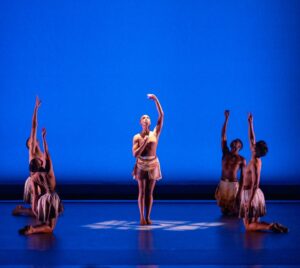




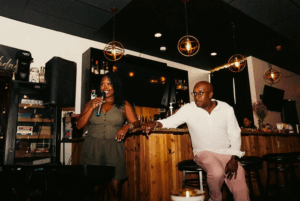











![The countdown is ON, Memphis! We’re officially 30 days out from the @unitememphis 5K + 1-Mile Walk/Run—and this year, we’re stepping into unity on 901 Day 🙌🏽
📍 Monday, September 1 | National Civil Rights Museum
🕘 Start time: 9:01AM
🎶 Food, music & fun to follow
Whether you’re walking or running, this isn’t just a race—it’s a movement. And there’s no better time to join in than now. 👟✨
🎓 COLLEGE STUDENTS: Be one of the first 100 to register using your .edu email with promo code NEXTGENUNITE and your ticket is just $10 (that’s a $32 savings 👀). Limit 2 per person, so tell a friend!
Let’s walk. Let’s run.
Let’s #UniteMemphis 💛
🔗 [link in bio]](https://wearememphis.com/wp-content/uploads/sb-instagram-feed-images/526805187_18335272954206022_6056852028660485499_nfull.webp)
